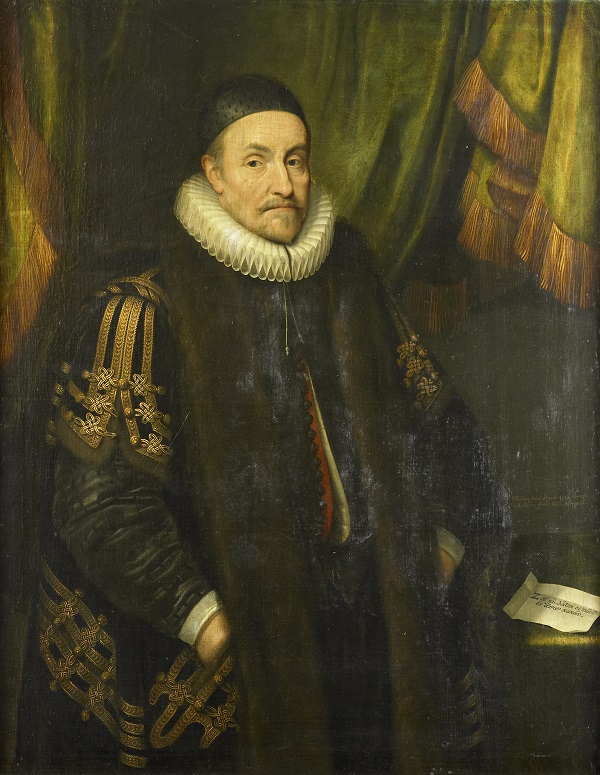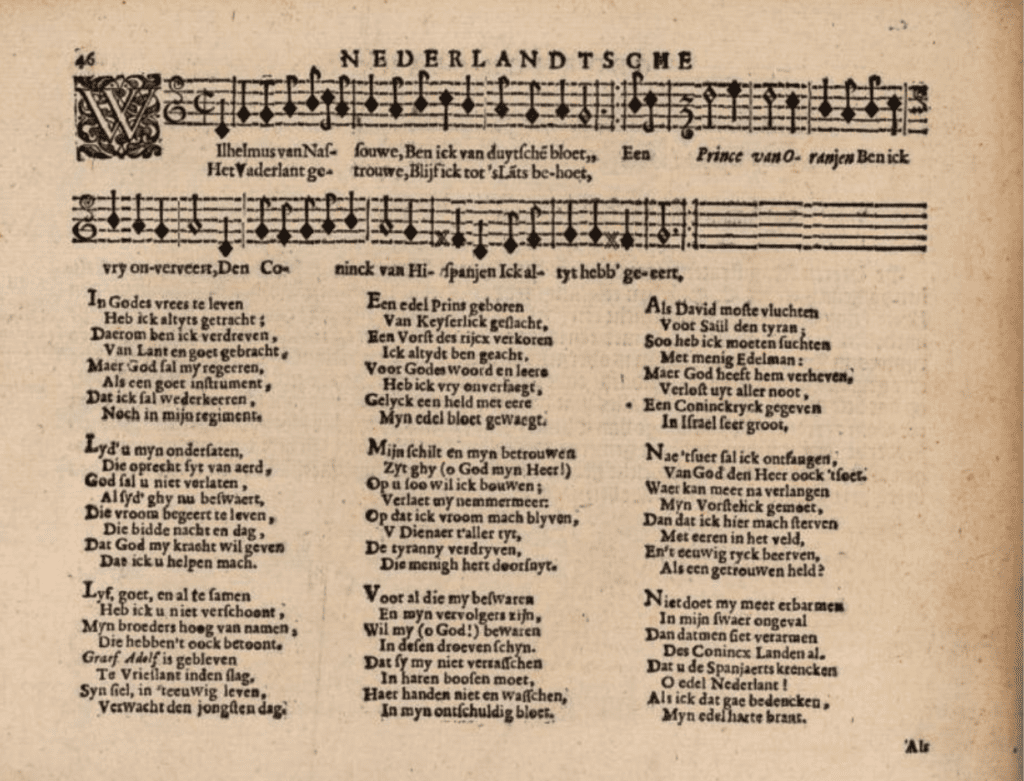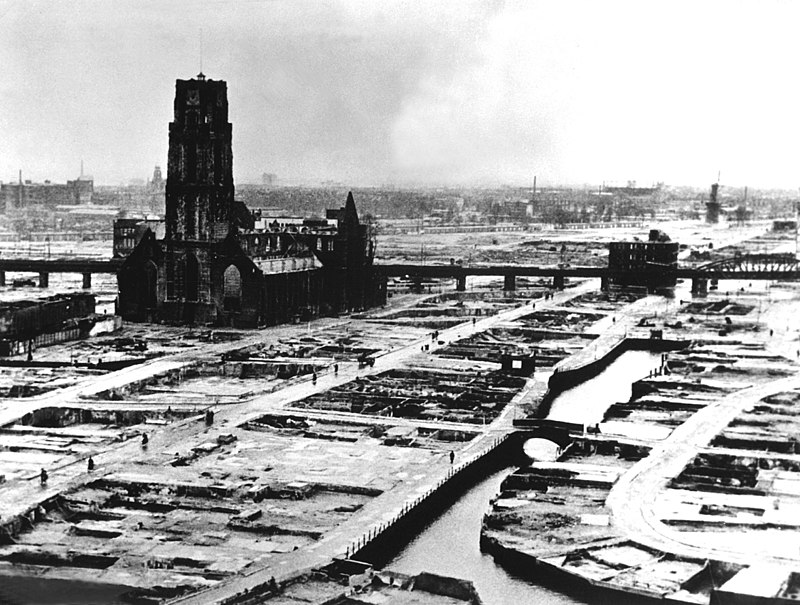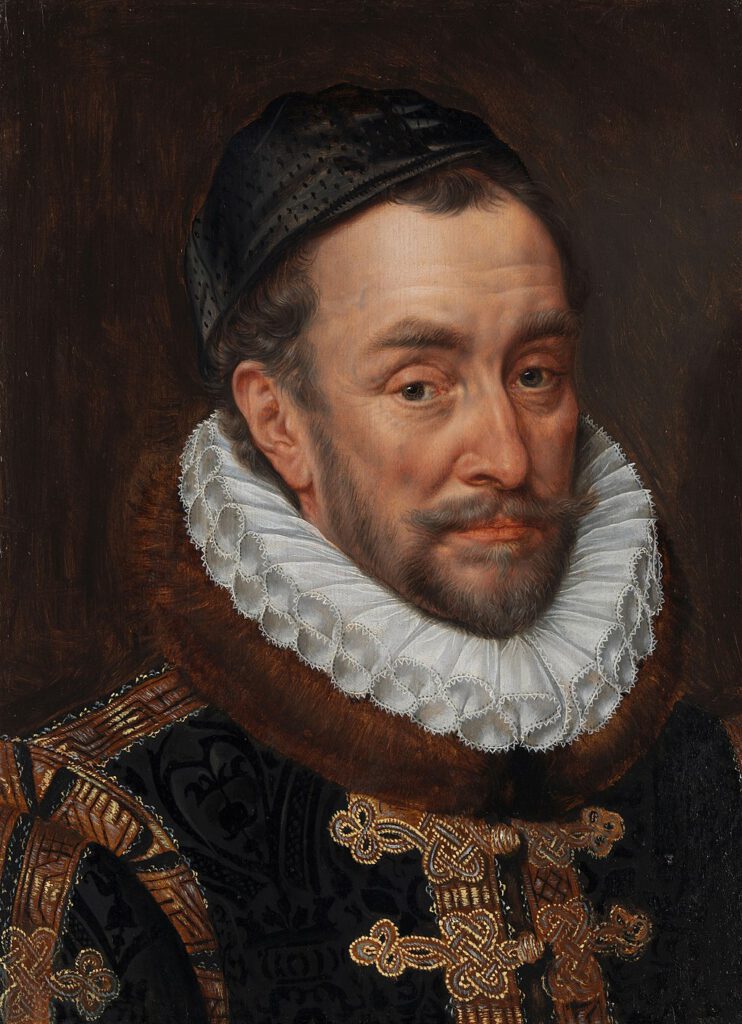The Wilhelmus — the Dutch national anthem (and pride), is a hymn you’ve probably seen the Dutch men’s football team (Oranje) sing out loud during international football matches.
The Dutch national anthem might stand out initially, with something off in its reference to Willem van Oranje having German blood. It certainly caught our ears, so we got curious.
We quickly learned that the Dutch national anthem is unlike any other hymn. History is attached to the Wilhelmus, and midway through reciting the anthem, it dawns on you.
So, what’s up with the Dutch national anthem?
Regarded by the Guinness Book of Records as the oldest national anthem in the world, the Wilhelmus only became the official anthem of the Netherlands in 1932. While reciting the anthem, you start to ask yourself a few questions.
READ MORE | That time the Dutch ate their prime minister
What inspired someone to write this hymn? A hymn that would later become the identity of a nation. Was it written only as a “rebellion song” during the Eighty Years’ War? Who wrote it? And what is the hidden meaning behind the lyrics?
Before we dive into the history, here’s the song as most of you know it:
The origins of the Dutch national anthem and the identity of the writer
As we all know, the Dutch fought the Spanish for their independence under the leadership of Willem van Oranje.
While the author of the Wilhelmus may be unknown, it is quite clear that the lyrics were written at the beginning of the Eighty Years’ War.
A certain school of thought believes that the hymn’s author may be lost to history. On the other hand, some Dutch folks have always believed that the hymn was written by Philip of Marnix of Sint-Aldegonde — an important adviser to Willem van Oranje.

There is, of course, no evidence to support their claim, and until this very day, the author’s identity remains a hot topic of debate.
While some historians continue to mention names of poets (from the time of the rebellion) like Dick Coornhert and, of course, Philips of Marnix, the only problem is that both men never claimed to have written the hymn, even though it was quite popular during their time.
Recently, due to some similarities in the writing style of the Dutch Calvinist theologian Petrus Dathenus and the style in which The Wilhelmus was written, many started to believe that he may be the author of the Wilhelmus.
READ MORE | Calvinism in the Netherlands: why are the Dutch so Calvinist in nature?
Still, there is no evidence to support this claim, as the debate over the author’s identity continues. This leaves one question: will we ever find out who the writer of the Wilhelmus is?
Wilhelmus van Nassouwe, the hymn
The origins of the Wilhelmus can be traced back to a very popular Roman Catholic French song called “Autre chanson de la Ville de Chartres assiégée par le prince de Condé.”

Catholics wrote this song to make fun of a failed Siege of Chartes in 1568 by the Protestant Prince de Condé during the French Wars of Religion.
Of course, the question would be, why would a Protestant nation like the Netherlands adopt a Roman Catholic hymn as its national anthem? Well, let’s explain that.
Wilhelmus as a national anthem
At the beginning of the 19th century, the Wilhelmus was still considered “unworthy” of being the national anthem of the Netherlands. This was because it was regarded as a song for “Oranje Royalists”, and not everyone was a huge fan of the royal family then.
Many people from the south of the country (when Belgium was still a part of the Netherlands) didn’t like the hymn because it was seen as a symbol of Protestantism.

As history would have it, a hymn that was never widely liked by a group of people in a country came to be the one that would inspire them in troubled times.
There were widespread protests when the Wilhelmus officially made the national anthem in 1932.
Notably, it was the socialists who were mostly antimonarchists. They didn’t want anything to do with the Wilhelmus at first.
However, during the Nazi occupation of World War II, when cities like Rotterdam were completely bombed and Jewish people were being sent to concentration camps, the Dutch found meaning in their old symbols of national pride as a way to unite and show love for their country.
READ MORE | The Dutch ship that disguised itself as an island during World War II
This period of oppression led to a general acceptance of the Wilhelmus. Eventually, a proud Protestant nation ended up embracing a Roman Catholic hymn. This hymn had withstood the test of time to become both a call to serve the motherland and a song of victory.
Deciphering the lyrics of the Dutch national anthem
When the Wilhelmus was first played in the 18th century, it was done without text. It was mainly played on a trumpet and carillon, as the song turned into a kind of marching melody, later known as the Prinsenmars.
While very few people knew the text back then, the Wilhelmus was one of the most popular hymns amongst the populace.

The hymn consists of fifteen couplets, the first letters of which form the name Willem van Nassou. It’s written from the perspective of Willem van Oranje as if he sang it. The only problem is there is no actual evidence that he ever sang the song.
In the hymn, Willem van Oranje’s conflicted mind comes to light. On the one hand, he wants to remain loyal to the Spanish King, Philip II, but on the other hand, he wants to serve God and lead his people in the fight against tyranny and oppression. The first and second stanzas read:
William of Nassau
am I of German blood.
Loyal to the fatherland
I will remain until I die.
A prince of Oranje
am I, free and fearless.
The king of Spain
I have always honoured.
To live in fear of God
I have always attempted.
Because of this, I was ousted
bereft of my land and my people.
But God will direct me
like a good instrument.
So that I may return to my domain.
The heart of the hymn still remains:
Like David, who was forced to flee
from Saul, the tyrant.
I had to sigh,
as did many other nobles.
But God raised him,
relieving him of despair,
and gave him a kingdom
very great in Israel.
Here in the last stanza, a reference is made to the biblical King David, comparing him to Willem van Oranje as merciful and just leader of the Dutch Revolt, with another reference to the Biblical King Saul’s tyranny, comparing it to the Spanish crown.
There is also a comparison between the promised land of Israel granted by God to David and a kingdom granted by God to Willem van Oranje.
READ MORE | Religion in the Netherlands: a perspective on the different religions in the country
The Wilhelmus is played every time the Dutch men’s and women’s national teams play at an international football tournament. It’s also played when the Netherlands hosts a foreign head of state or, you know — other solemn Dutch national moments (they have a few).
A closer look at the Wilhelmus shows it isn’t just an anthem! It has a rich history and a hymn that’s both a rallying cry and a song of victory for the Netherlands. It’s a hymn that holds the Netherlands together and tells a tale of how she came to be.
To understand the Wilhelmus is to understand the history of the Netherlands. What do you think about the Dutch national anthem, and how do you feel about your own?
Feature Image: Jimmy Baikovicius/Wikimedia Commons/CC2.0





While I read this, tears start welling up in my eyes while my right-hand crosses my heart. Holland will forever be the country I was born in although I left it for Canada in 1960.
To add to your historic knowledge:
William of Orange was the eldest son of Willem de Rijke Earl of Nassau (Germany) and Juliana van Stolberg.
When his cousin René de Chalon died he inherited the lands (much of it in the Netherlands) and title of Prince of Orange (France).
This all under the Emperor Charles V and later under Philips II.
Therefore in the Dutch anthem:
he is of German blood
He is as a prince of Orange free
He has e always honoured the king of Spain
Well, still I am not in the clear why the DUtch sing a national anthem that glorifies the Germans and SPanish: their promintent adversaries over the centuries.
I was born in the Netherlands, City of Leiden, myn mooie Nederland, and learned about the history of the Anthem in school, I love the melody to it, it is very inspiriational and moving, I now live in Seattle, Washington State, it reminds me of my fatherland with all the greenery and water ways, hope to go back someday beautiful history, the City of Leiden, was fromed in the 1500 hundreds, or earlier, full of canals, wonderful!!
I am an American, who one day, happened to be listening to variouss Narional Anthems on YouTube. And I was instantly drawn to ‘Het Wilhelmus’ as beautiful and complex. Hence, I listen to it frequently.
There are many versions. One of my very favorites is the one where a Dutch girls sports team – soccer? – is singing the Anthem as lustily and joyously as any version you will hear. My only criticism is that the Technical Director – he’s the guy who decides which camera is on – kept switching to tbe crowd, instead of staying on the girls, singing with all their hearts. As the Commentator said – “I’ve never heard it sung better !!”
A beautiful Anthem !!!
It’s remarkable but I came to The Wilhelmus in the identical way, except it happened for me just yesterday. And I had the identical reaction to the camera work, wishing the camera had remained on the girl players–although I also loved the beginning of the video and the way the smile of pride crept across the mouth of the young girl holding a corner of the flag of the Netherlands–the one in the upper left of the group–as the anthem began. (I am referring to a video of the 2017 European hockey final.) I am also an American, but have a fair amount of familiarity with Europe. The anthem and the justifiable pride the Dutch have in their country made me wish that we too felt something of the cohesion and closeness Europeans often seem to feel regarding the country of their birth. I looked up the lyrics and put it through a translation, and understand it’s meaning, and very much enjoy the novelty of such a lyric for a national anthem. But at first I had no idea what was being sung. It was the music. And because of the music I have spent much of the last 24 hours listening various versions of the anthem. Chuka, thanks for your post but to not even mention the music is a huge omission. My God, what beautiful, stirring music.